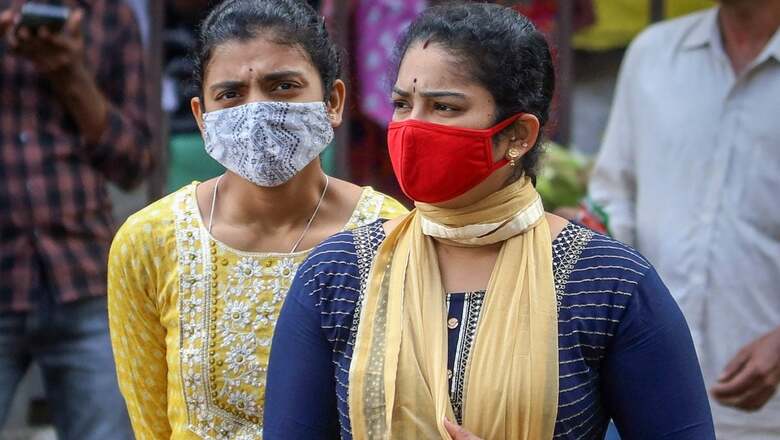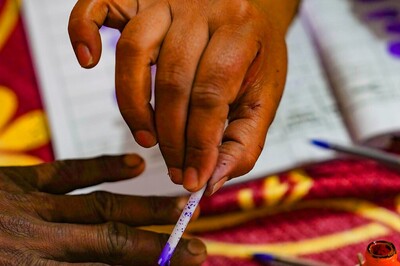
views
The JN.1 variant has emerged as the dominant strain, showcasing distinctive symptoms that include two novel indicators, as reported by the latest data from the Office for National Statistics. Designated as a variant of interest by the World Health Organization on December 19, JN.1 has become the subject of heightened surveillance, though the organization asserts a low additional public health risk associated with it.
December 2023 witnessed a noteworthy surge in JN.1 cases, with data from INSACOG indicating 503 out of 536 cases identified from samples collected during that month. The first confirmed case in India was detected in Kerala on December 17, involving a 79-year-old woman from Karakulam in the Thiruvananthapuram district.
Adding to the spectrum of symptoms, the latest information from the Office for National Statistics highlights two novel COVID-19 indicators: sleep disturbances and anxiety. In conjunction with previously reported symptoms such as runny noses, coughs, headaches, and weakness, individuals infected with JN.1 have reported difficulties in sleeping and heightened anxiety.
The array of symptoms associated with JN.1 encompasses the commonly observed runny nose, sore throat, headache, fatigue, and muscle aches or joint pain. Runny nose, affecting approximately 31% of those infected, is a prevalent manifestation, alongside a scratchy throat and a mild cough. Headaches, fatigue lasting up to a month, and muscle or joint pain are also recognized symptoms.
Amid the global COVID-19 pandemic, there has been a surge in stress, anxiety, and uncertainty, contributing to elevated levels of sleep disturbances. Stress and anxiety are recognized triggers for insomnia, intensifying challenges in falling or staying asleep. Addressing COVID-related sleep issues is imperative for overall well-being, given the crucial role of adequate sleep in supporting a healthy immune system during these trying times.



















Comments
0 comment